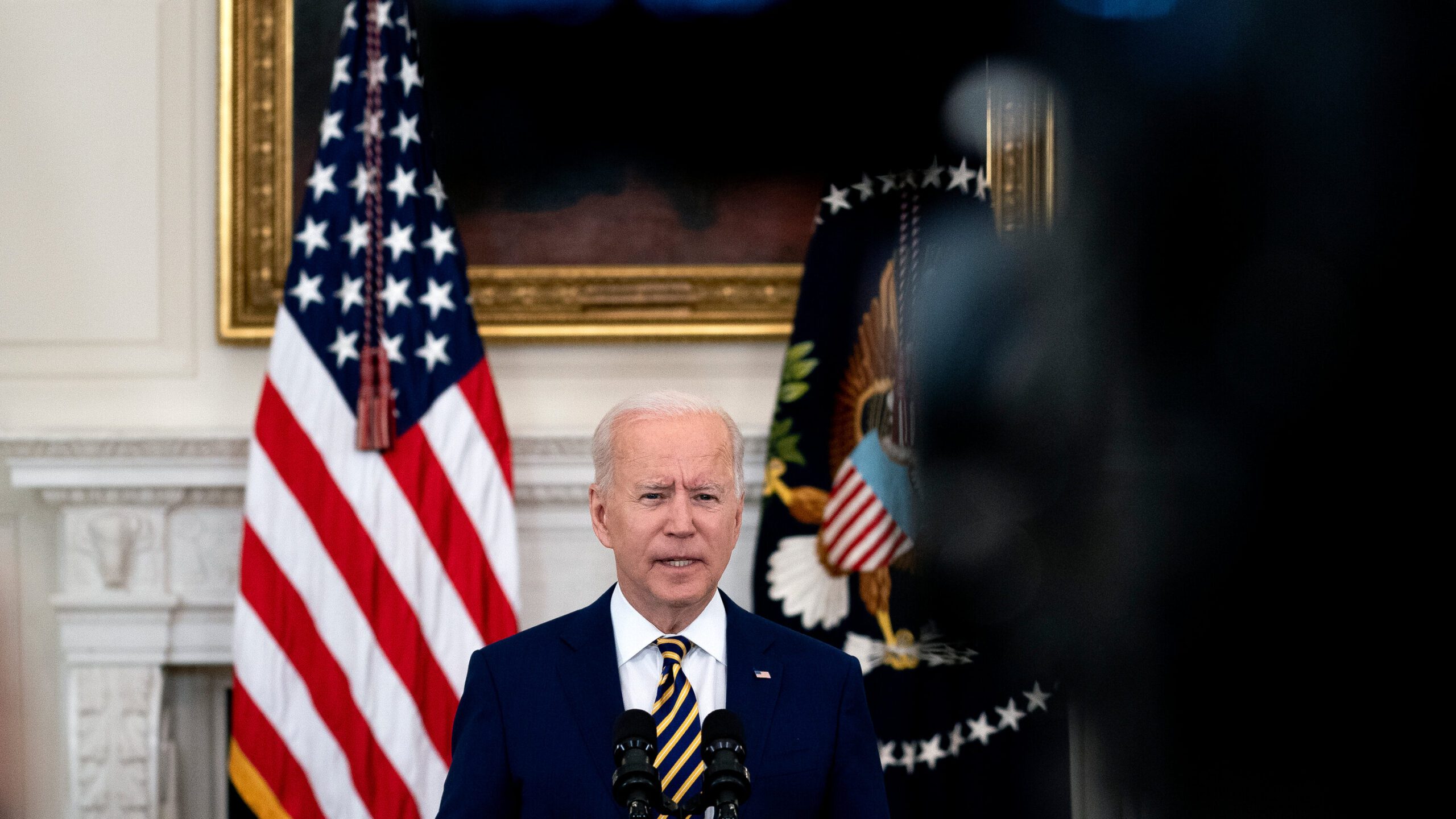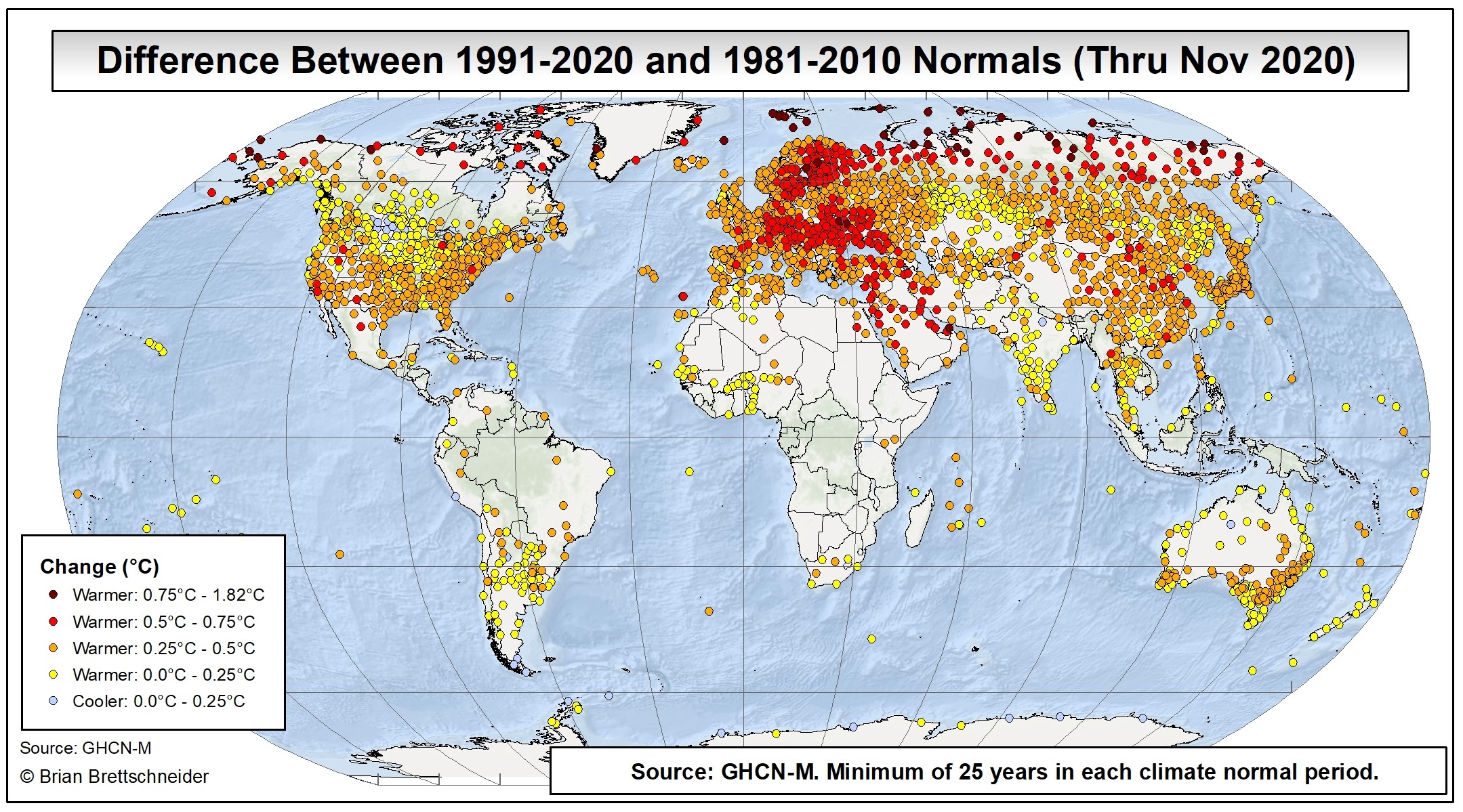The Unveiling of Injustice – Examining the Impact of Crime on Society
Crime is an unfortunate reality that societies across the world grapple with. It brings about a range of negative consequences, affecting individuals, communities, and entire nations. In this blog post, we will delve into the deep-rooted impact of crime on society, shedding light on its various dimensions and exploring ways to address and prevent it.
1. Understanding the Impact of Crime
Crime disrupts the fabric of society in multiple ways. It erodes trust among community members and fosters a sense of insecurity. The fear of becoming a victim affects people’s well-being and quality of life, leading to a decline in mental and physical health. Additionally, crime can create economic burdens, as resources are diverted from productive areas to deal with its aftermath, such as healthcare, law enforcement, and justice systems.
2. Social and Psychological Consequences
Communities plagued by crime often experience social disintegration. Neighborhoods become fragmented, and bonds of solidarity weaken. Residents may isolate themselves, hindering community development and cooperation. Moreover, individuals who witness or experience crime may suffer from trauma, anxiety, and depression, affecting their personal relationships and overall happiness.
3. Economic Impacts
Crime imposes significant economic costs on society. Direct expenses include legal proceedings, law enforcement, and prison systems. Indirect costs, such as loss of productivity, reduced business activity, and decreased foreign investment, can have long-term repercussions on a nation’s economic growth and stability. Crime undermines social cohesion and hampers efforts to build prosperous communities.
4. Education and Crime
Crime’s impact on education is far-reaching. Students are more likely to underperform academically and have lower graduation rates when exposed to crime and violence. The presence of crime in schools creates an atmosphere of fear, hindering the learning environment. Additionally, limited access to quality education can perpetuate cycles of poverty and crime, further exacerbating societal issues.
5. Breaking the Cycle – Prevention and Solutions
Addressing crime requires a multifaceted approach that focuses on prevention as well as effective law enforcement and justice systems. Investing in education, particularly in disadvantaged communities, can provide young individuals with opportunities and hope, reducing the likelihood of engaging in criminal activities. Strengthening community bonds through initiatives such as neighborhood watch programs fosters a sense of collective responsibility for crime prevention.
6. Rehabilitation and Reintegration
For individuals who have committed crimes, rehabilitation and reintegration are crucial steps towards creating a safer society. Providing access to education, vocational training, and mental health support equips individuals with the tools to rebuild their lives and become productive members of society. Emphasizing rehabilitation over punitive measures helps break the cycle of crime and offers second chances to those who seek redemption.
7. Collaboration and Awareness
Tackling crime requires a collaborative effort involving government agencies, law enforcement, community organizations, and individuals. Transparent and accountable systems strengthen trust and encourage reporting of crimes. Efforts to raise awareness about the impact of crime and foster empathy can mobilize communities to take collective action against it. Engaging in discussions, supporting victim services, and promoting restorative justice practices are steps individuals can take to contribute to a fairer and safer society.
In conclusion, crime leaves a lasting impact on society, affecting individuals, communities, and economies. By understanding the far-reaching consequences of crime, we can work towards implementing effective prevention strategies, supporting rehabilitation efforts, and nurturing strong communities. Only through collective action and a steadfast commitment to justice can we hope to unveil a society free from the clutches of injustice.











